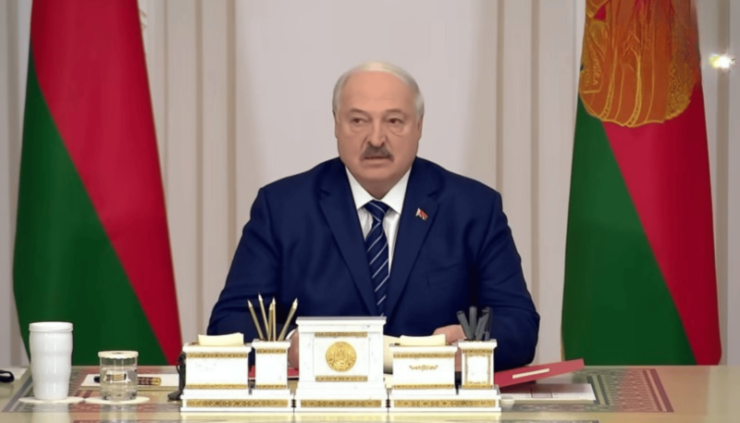Belarus is exploring the potential of mining cryptocurrencies, spurred by President Aleksandr Lukashenko’s recent remarks. Lukashenko highlighted the country’s excess electricity and the global trend toward cryptocurrency, particularly citing the U.S. government’s possible establishment of a national strategic crypto reserve. This new initiative reflects Belarus’s ambition to tap into the crypto mining space, following in the footsteps of countries like Bhutan and El Salvador, which already use renewable energy for Bitcoin mining.
“Look at this mining. More and more people are turning to me. If it is profitable for us, let’s do it. We have excess electricity. Let them make this cryptocurrency and so on,” Lukashenko told Kushnarenko, Belarus’s new Minister of Energy
“Moreover, you see the path the world is going. And especially the largest economy in the world. They announced yesterday that they will keep it in reserve.”

Lukashenko’s Vision for Crypto Mining
Lukashenko told Alexei Kushnarenko that the country could leverage its abundant, untapped electricity to mine cryptocurrencies if it proves profitable. “If it is profitable for us, let’s do it,” Lukashenko remarked, indicating a willingness to adapt to the growing crypto demand. The President’s comments were influenced by global developments, especially the United States’ exploration into holding a crypto reserve, including Bitcoin, Ethereum, Solana, XRP, and Cardano, as part of its financial strategy.
“Therefore, there will be demand for them. Well, maybe we should do it ourselves. Well, we attract some investors, sell them electricity, although I do not rule it out. But we need to do it ourselves. There are such proposals. I think that you will step over this bureaucracy and report what needs to be done,” added Alexander Lukashenko
Crypto Mining as an Economic Opportunity
Belarus is not the first country to consider mining cryptocurrencies on a national scale. Bhutan, utilizing its vast hydropower resources, already operates over 100 MW of Bitcoin mining infrastructure and plans to increase this capacity significantly. The country currently holds $950 million in Bitcoin, according to Arkham Intelligence.
Similarly, El Salvador has integrated geothermal energy to mine Bitcoin, creating a model for sustainable mining operations. Currently, El Salvador holds a Bitcoin reserve of 6,101 BTC, valued at approximately $534.5 million. According to data from the National Bitcoin Office of El Salvador, the country’s Bitcoin holdings make it the sixth-largest Bitcoin holder among nation-states. It trails only the U.S., China, the UK, Ukraine, and Bhutan in terms of Bitcoin reserves. These countries are capitalizing on their abundant natural resources, presenting crypto mining as both an economic and technological opportunity.
Global Implications for the Digital Assets Space
As more nations explore crypto mining as a potential industry, this could further solidify the role of cryptocurrencies as legitimate economic assets globally. The strategic reserve plans, especially in major economies like the U.S., reinforce this narrative, boosting investor confidence in digital assets. As countries like Belarus, Bhutan, and El Salvador explore this avenue, the global cryptocurrency market may experience more institutional backing, pushing the sector toward wider acceptance and regulation.
Quick Facts:
- President Lukashenko of Belarus announced interest in using the country’s excess electricity to mine cryptocurrencies, inspired by U.S. reserve discussions.
- Bhutan and El Salvador already use renewable energy for Bitcoin mining, with Bhutan expanding its infrastructure.
- The U.S. is considering a national crypto reserve, including assets like Bitcoin, Ethereum, and Solana, which may increase demand for cryptocurrencies.





